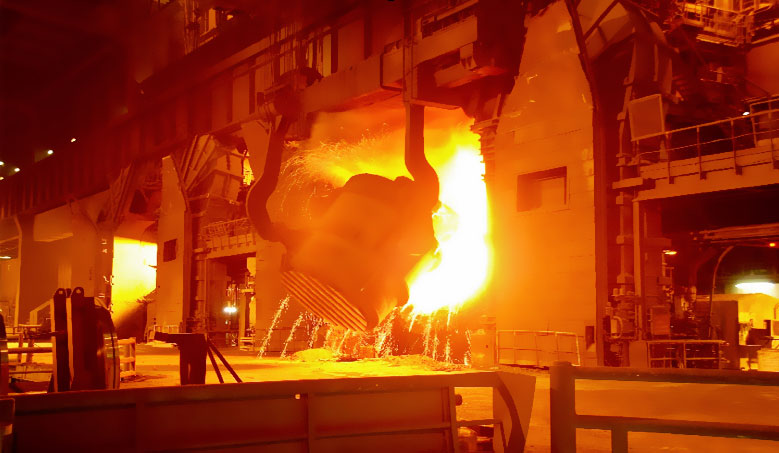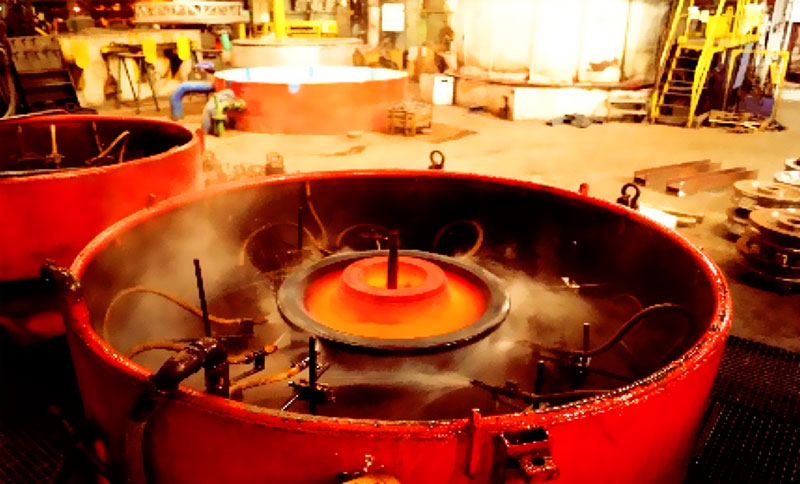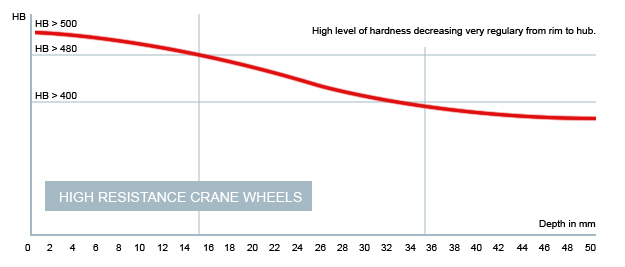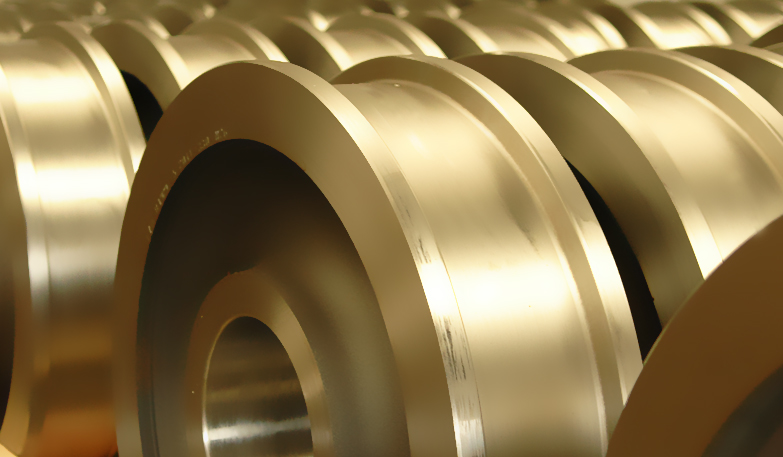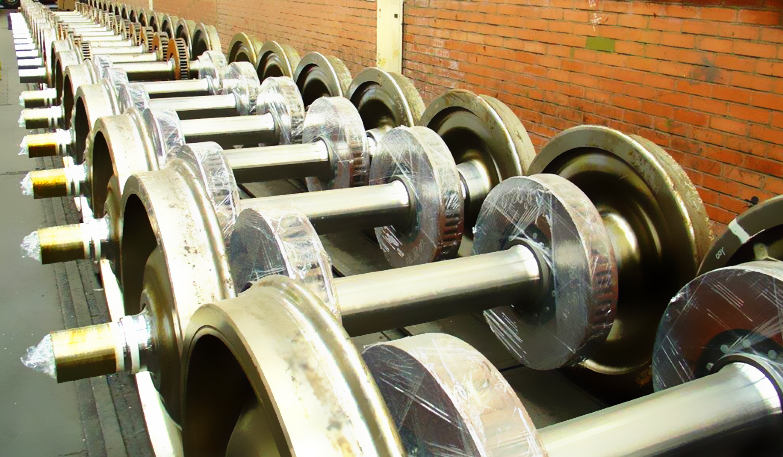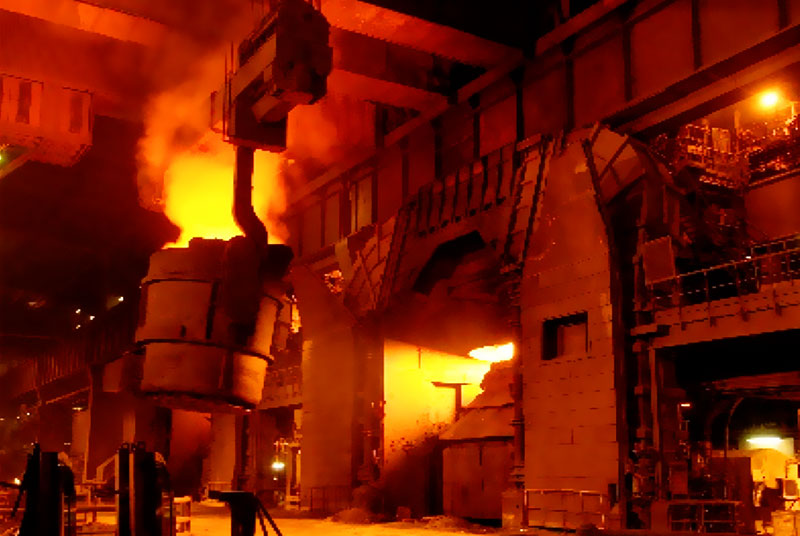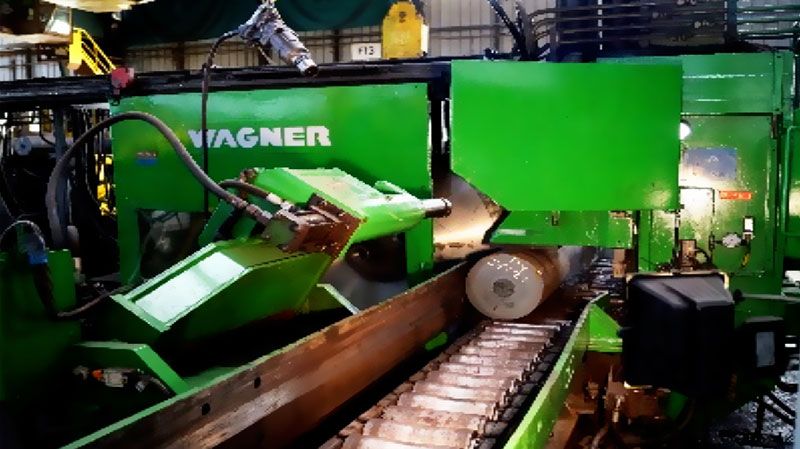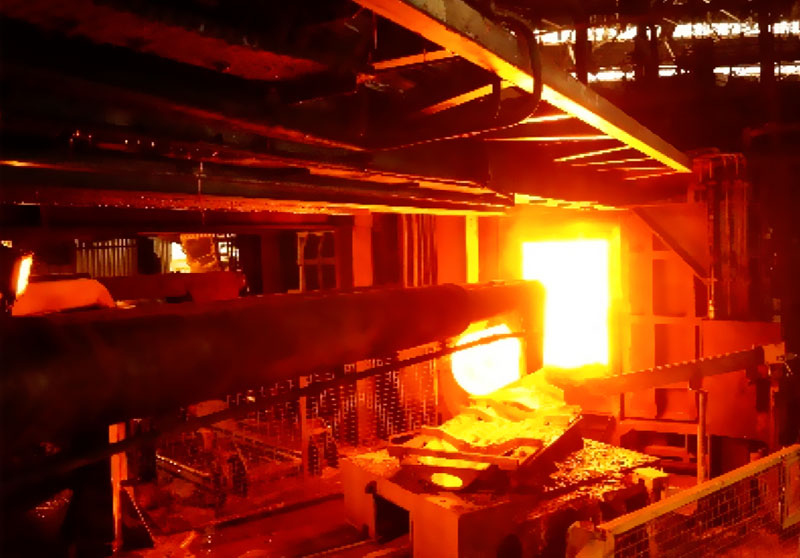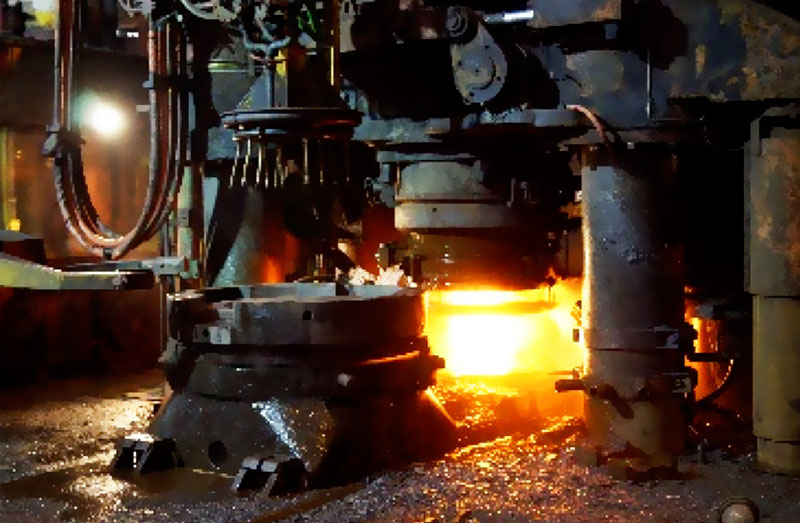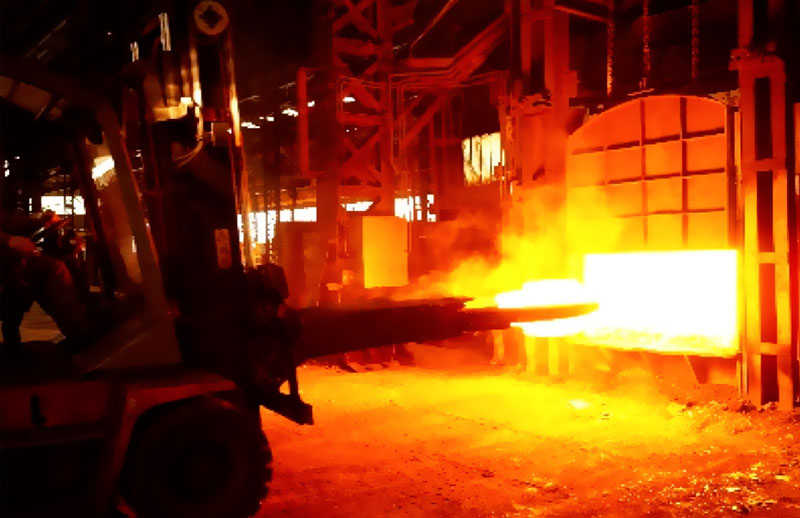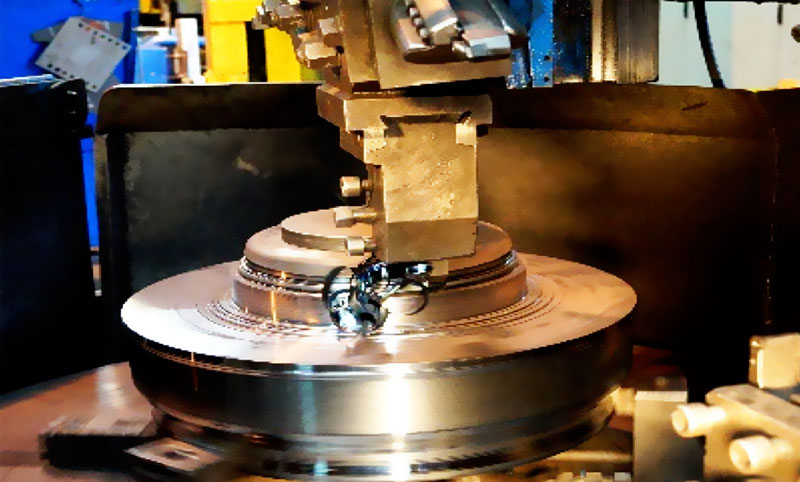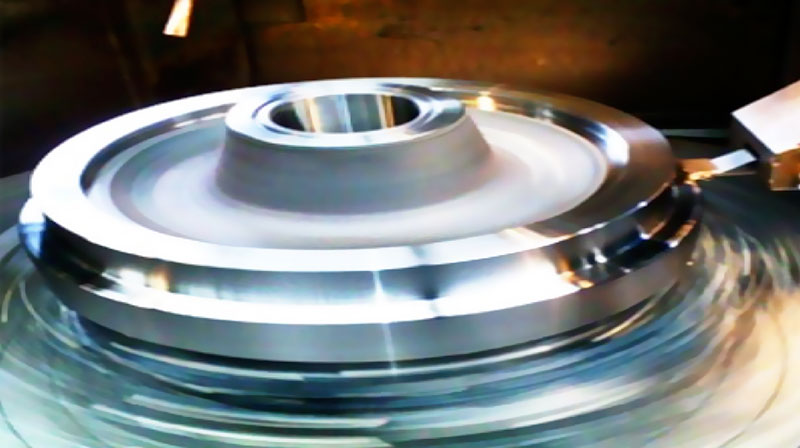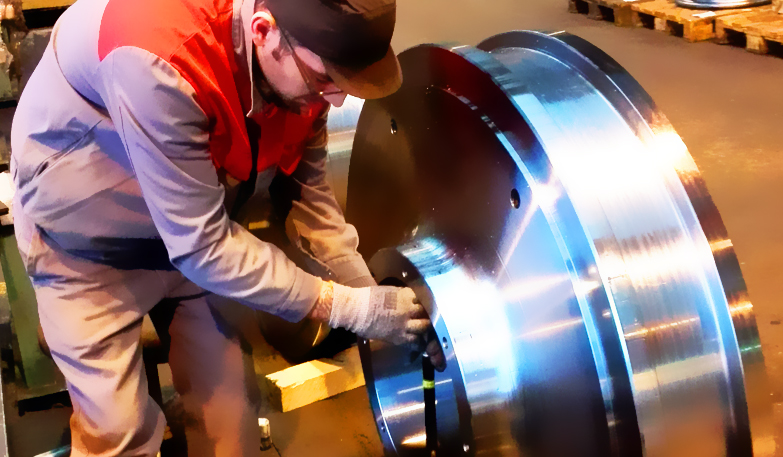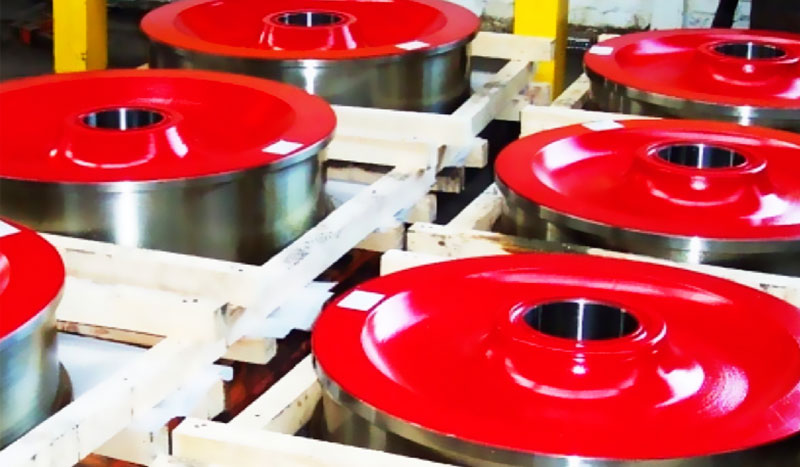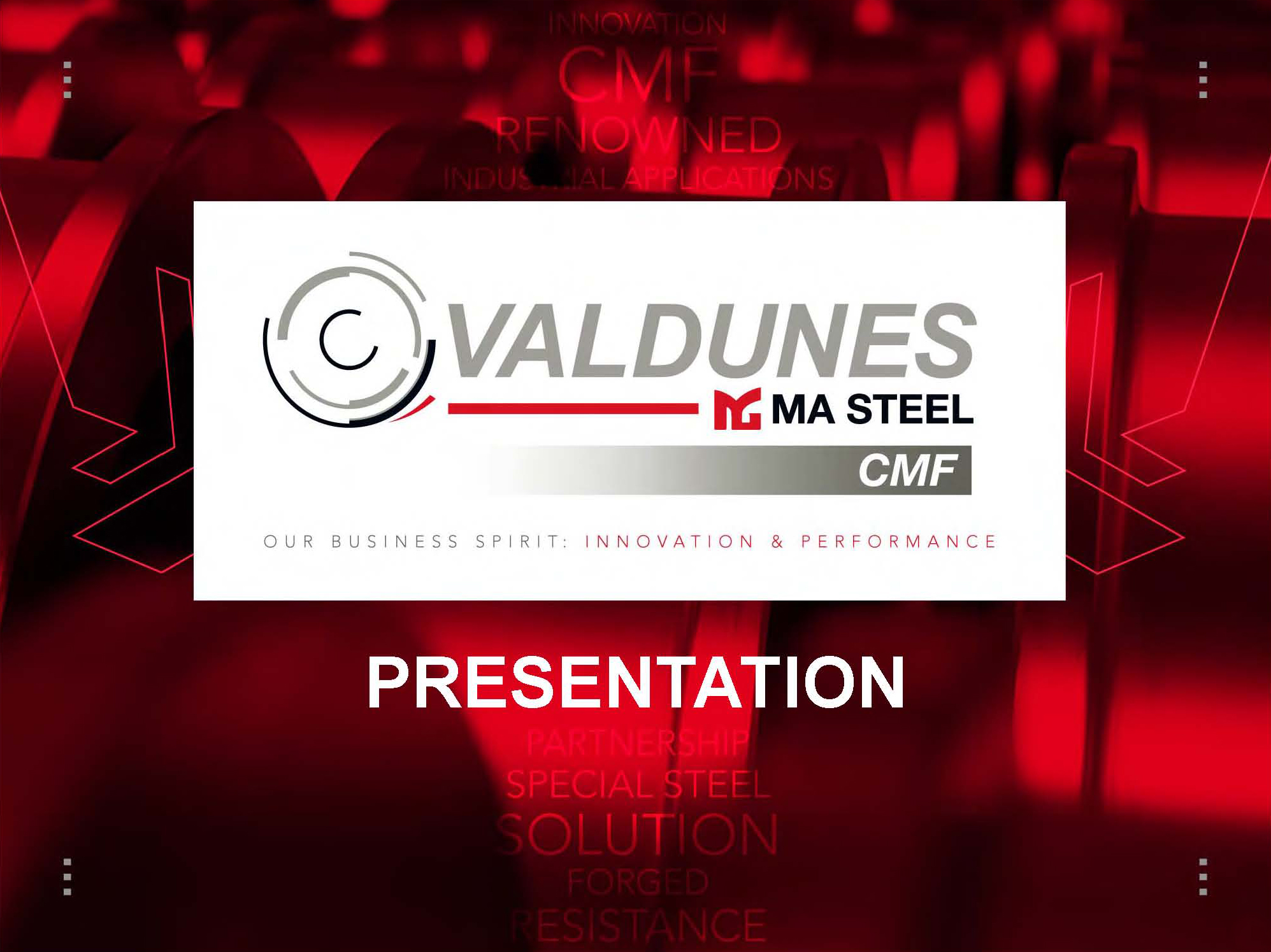STEELMAKING

Much of the European steel industry uses VALDUNES INDUSTRIES products. Most plants explicitly recommend VALDUNES INDUSTRIES products for their performance and long life:
- Alucam;
- Aperam;
- ArcelorMittal;
- Asco Industries;
- Constelllium;
- Dillinger
- Industeel;
- RIVA Group;
- Saarstahl;
- Tata Steel;
- Thyssen Krupp;
- Vallourec;
- and more.
MECHANICAL ENGINEERING
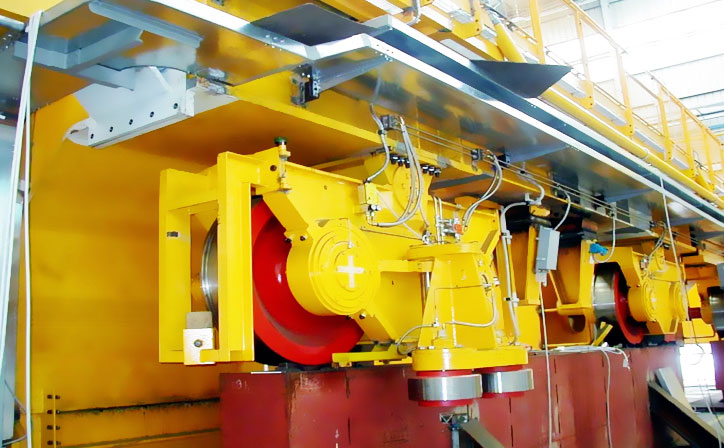
Manufacturers of new equipment (travelling cranes, port cranes, gantries, container ships, bucket wheels, etc.) as well as maintenance workshops trust in the quality of VALDUNES INDUSTRIES:
- Danieli;
- ECL;
- Eiffage;
- Fayat Group;
- Government of India Department of Space;
- Koch, Government of India;
- Konecranes;
- Kranbau Köthen;
- NFM Technologies;
- Préfaco, La Réunion;
- Reel;
- SMS Demag;
- Société Nouvelle des conduites d'Eau, Maroc;
- Socalmo, New Caledonia;
- TAIM-Weser;
- Tata Steel Growth Shop India;
- and more.
PORTS, RIVERS, AND MULTIMODAL TRANSPORT
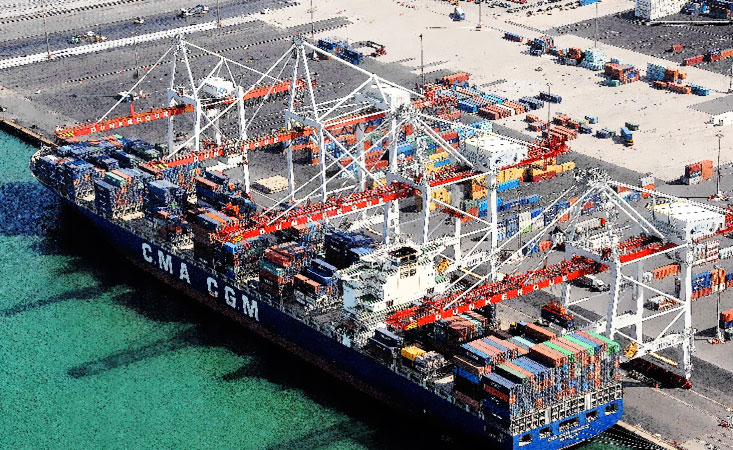
Our products are used in many port and river terminals:
- Independent Port of Dunkirk;
- Independent Port of Paris-Gennevilliers;
- London Thamesport;
- Ministry of Equipment and Transport in Belgium;
- SNCF (French national railways);
- and more.
OTHER REFERENCES
Other companies also trust in the expertise of VALDUNES INDUSTRIES:
- ADF;
- Alstef;
- Baudin Chateauneuf;
- CORDM;
- Endel;
- Groupe Fives Stein;
- Indian Space & Research Organization;
- Lafarge;
- Poma;
- RBG;
- and more.




